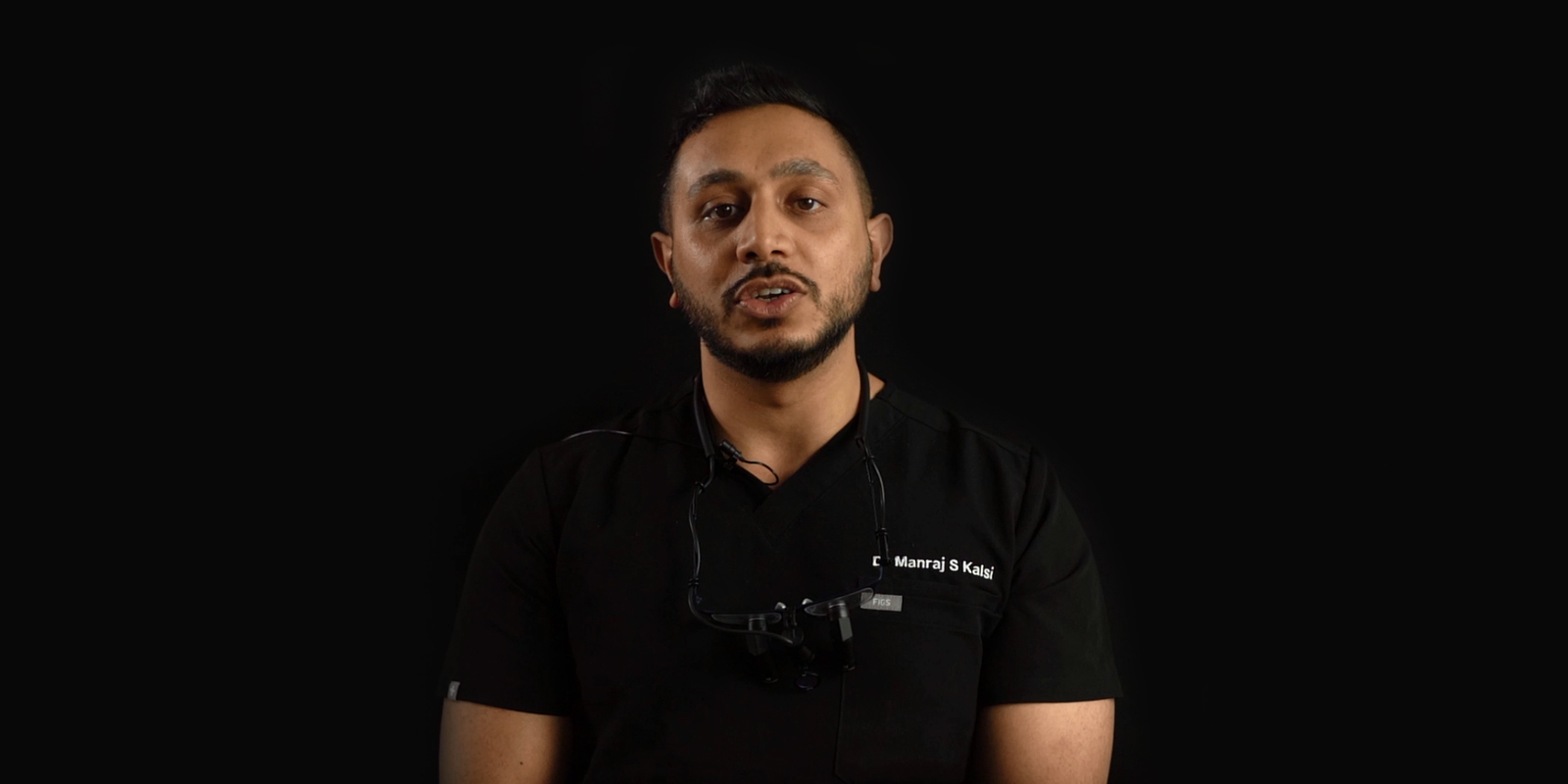















Plaque bacteria produce toxins. The direct effect of these toxins on the gums plus your immune system’s response to the bacteria result in gum inflammation. This inflammation is visible as swelling, redness and bleeding on contact, especially when you brush your teeth. This condition is known as gingivitis. Bleeding gums are NOT normal. It indicates that bacteria have been left in contact with the gums for a long period and are producing chemicals that are damaging the tissues. When plaque is left undisturbed for a few days, the minerals in your saliva cause these deposits to harden into calculus (tartar) which can only be removed professionally. Calculus is always covered in plaque and is a rough surface against which more bacteria can adhere.
Gingivitis is defined as inflammation of the gums and characterised by redness, swelling and bleeding gums. This is the mildest stage of periodontal disease and is common in adults as well as children. There is usually little or no discomfort at this stage and with treatment gingivitis is usually reversible.
Gingivitis is entirely reversible by thorough removal of the bacteria (plaque). This can only be achieved with thorough twice daily brushing and use of special cleaning aids to clean between the teeth. Where calculus has developed, professional cleaning is required with our dental hygienist / therapist or periodontist.
Often patients may refrain from brushing because gums bleed. In fact, it is these bleeding areas that need to be brushed more thoroughly to remove the bacteria. The inflammation and the bleeding will then diminish and stop in a matter of days.
Problems with allowing plaque accumulation to continue include:
The gums of patients who are pregnant may have exuberant reactions to dental plaque. This can lead to swollen gums that bleed very easily and are sore. This is known as pregnancy gingivitis. Swollen gums harbour more bacteria as the crevice becomes deeper. Cleaning is even more important but even more difficult. Expectant mothers who experience this should attend to see the dental hygienist regularly throughout their pregnancy to reduce the risk of this becoming troublesome.

Refer patients for:
Teddington Dental
Sheen Dental
Sunningdale Dental Practice
@Teddington 020 8977 2911
@Sheen 020 8876 5277
@Sunningdale 01344 620526